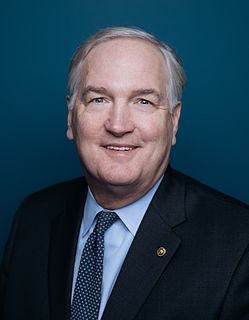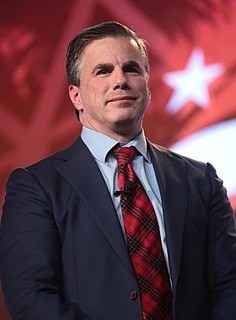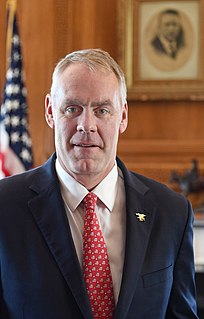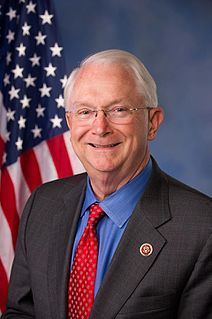A Quote by Luther Strange
The extremist agenda of the Obama administration is forcing unwarranted higher energy costs upon Americans and further threatening an already sluggish economic recovery.
Related Quotes
The Obama administration's agenda of maximizing dependency involves political favoritism cloaked in the raiment of "economic planning" and "social justice" that somehow produce results superior to what markets produce when freedom allows merit to manifest itself, and incompetence to fail. The administration's central activity - the political allocation of wealth and opportunity - is not merely susceptible to corruption, it is corruption.
Electric service providers in Missouri have warned that the EPA's so-called Clean Power Plan will raise energy costs for Missourians, reduce jobs, and hurt our state's economic competitiveness. As a member of the Senate Appropriations Committee, I've fought hard to ensure provisions that would defund this harmful power grab were included in the final appropriations bill. I also support legislation to block this harmful rule and protect workers and families from the damaging effects of the Obama Administration's executive overreach and costly energy regulations.
We know that things like energy independence, getting off oil, getting out of the Middle East, and creating jobs and economic development in the new clean energy industries of the future are much higher priorities for most voters than capping carbon emissions or taxing dirty energy sources. So why not redefine our agenda as the solution to those problems?
I talked to a lot of employers who just are, are fearful of what's coming next out of Washington. It's all the spending, it's all the debt. It's their national energy tax, they want to call it cap and trade - more mandates, higher costs, more taxes. Their healthcare bill - more mandates, higher costs, higher taxes.
We believe that part of the answer lies in pricing energy on the basis of its full costs to society. One reason we use energy so lavishly today is that the price of energy does not include all of the social costs of producing it. The costs incurred in protecting the environment and the health and safety of workers, for example, are part of the real costs of producing energy-but they are not now all included in the price of the product.


































